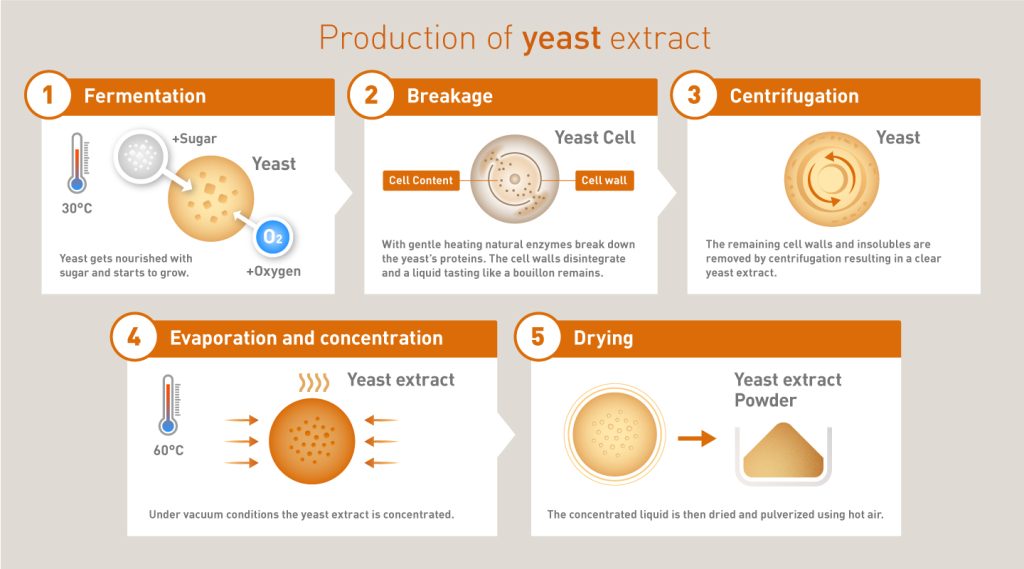Are eggs good for you, or has the infamous “egg ick” phenomenon taken the joy out of your breakfast routine? In this article, we delve into the world of eggs, exploring the healthiest ways to enjoy them and debunking myths about cholesterol. Whether you’re aiming for weight loss, muscle gain, or just seeking a nutritious breakfast, we’ve got you covered.
Understanding the “Egg Ick”
Registered dietitian Abbey Sharp acknowledges the existence of the “egg ick” and its potential impact on health. However, she emphasizes the importance of enjoying eggs in a way that suits individual preferences. If you’re a fan of scrambled eggs or prefer the crispiness of fried eggs, go ahead and indulge. Eggs are a cost-effective source of protein, containing all nine essential amino acids and additional nutrients like Vitamin A, D, iron, and choline.
To combat the “egg ick,” Sharp suggests embracing variety in your egg preparations. Switching between scrambled, fried, and other methods ensures that you continue to enjoy this nutritious food without sensory-specific satiety affecting your choices.

The Healthiest Breakfast Options
For those with weight loss goals, Sharp recommends opting for lower-fat preparations such as hard-boiled, poached, or baked egg bites. These methods require less oil or butter, supporting your weight loss journey. If muscle gain is your focus, boost your protein intake by adding extra egg whites or incorporating cottage cheese into your scramble. Take inspiration from Starbucks’ egg bites for a protein-packed breakfast.
Debunking Myths: Are Egg Yolks Bad for You?
One common myth suggests that egg yolks, high in cholesterol, are detrimental to health. However, the relationship between dietary cholesterol and heart health is more nuanced than it seems. Recent research challenges the association between dietary cholesterol and cardiovascular risk, highlighting the importance of considering factors like saturated fat.
While egg yolks contain cholesterol, they are not high in saturated fat. Studies indicate that regularly consuming eggs may even be linked to a lower risk of heart disease, thanks to nutrients like folate and omega-3 fatty acids. The American Heart Association recommends reducing sources of dietary cholesterol for those with high blood cholesterol but acknowledges the overall nutritional benefits of egg yolks.
The Nutritional Analysis: Whole Egg vs. Egg Whites
Analyzing the nutritional content of eggs reveals that both egg yolks and egg whites offer unique benefits. Egg yolks, though higher in calories and cholesterol, are rich in essential nutrients like vitamins A, D, E, B2, B6, B12, and minerals such as selenium, zinc, iron, and phosphorus. They also contain antioxidants like lutein and zeaxanthin, beneficial for eye health.
On the other hand, egg whites are protein powerhouses with low calories, making them ideal for those focusing on protein intake while watching their calorie consumption. However, the lack of fat in egg whites means they offer fewer fat-soluble vitamins.
Conclusion: Enjoy Eggs in Their Entirety
In conclusion, the key to unlocking the nutritional benefits of eggs lies in enjoying them in their entirety. While dietary preferences and health goals vary, incorporating whole eggs into your diet ensures you receive the diverse array of nutrients they offer. So, crack those eggs open and savor the goodness inside – whether it’s for breakfast, lunch, or dinner.
References
Abbey Sharp, Registered Dietitian
American Heart Association



